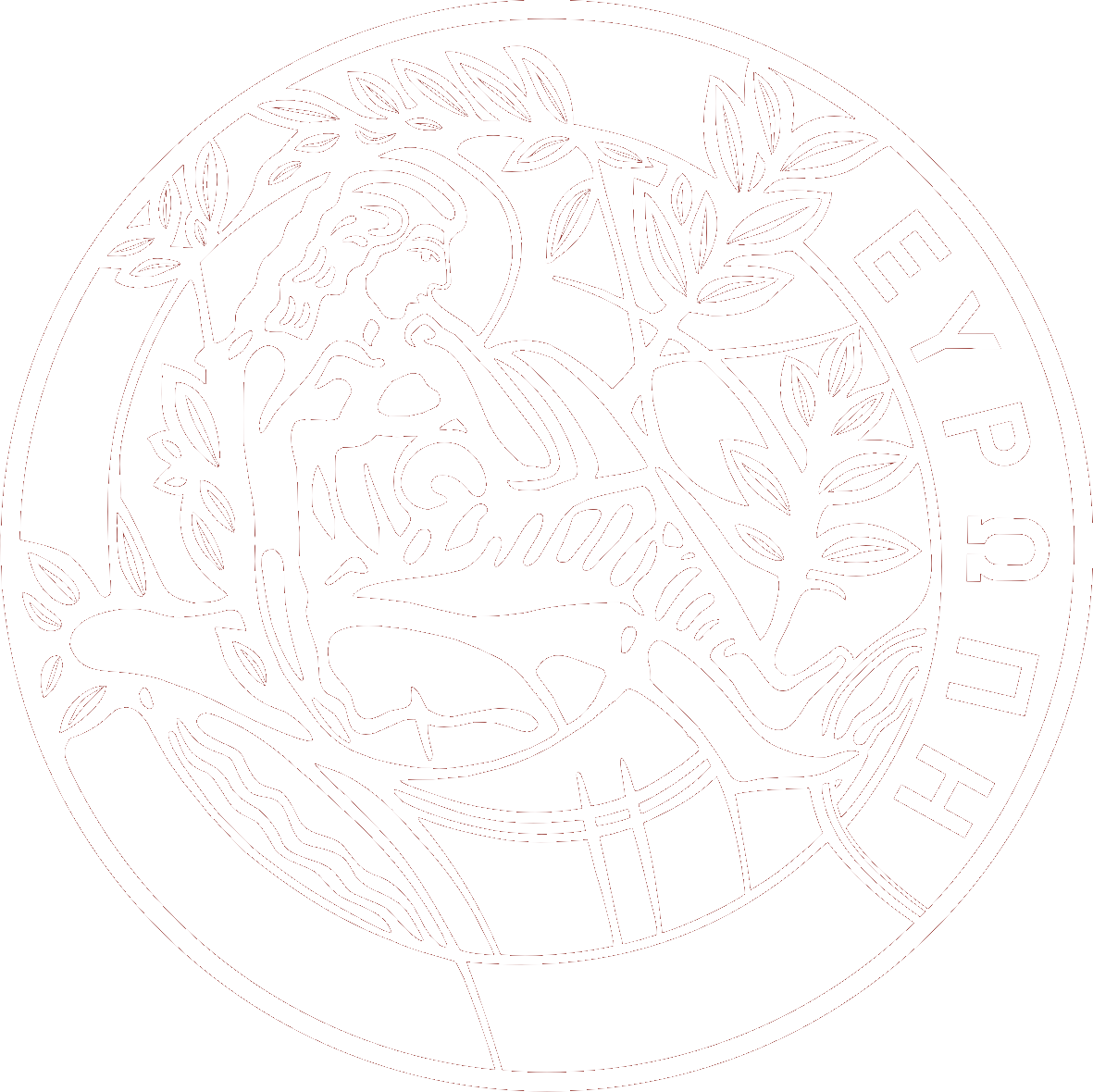Art History
Short history and description
Studies and research in Art History have been one of the primary interests of the History & Archaeology Department. The Art History Graduate Program has been unofficially running since September 1992 with the initiative of professor Nikos Hatjinikolaou, to be officially inaugurated a little later as the first Greek Graduate Program in Art History. Current teaching staff of the Program are: Professor Eugenios D. Matthiopoulos, also director of the Program, associate Professor Panayiotis Ioannou and assistant professor Titina Kornezou. Lecturers are also invited from other Greek or foreign Universities and museums.
The Program as well as the Department have been particularly interested in the constant supply of the university library with art history books and periodicals, as well as in the donation of private libraries and archives, which constitute a valuable tool for graduate research and which make the University of Crete’s library one of the best academic libraries in Greece upon Art History.
The AH Graduate Program intends to promote knowledge and research by preparing young specialized scholars in Modern Greek and European Art History. Seminars aim at familiarizing students with methods of interpretation and technics of art analysis (painting, sculpture, engravings, architecture, photography and applied arts). Special emphasis is set on interdisciplinary approaches through the study of history of literature, philosophy and aesthetics, history of ideologies/intellectual history, sociology and social psychology, anthropology, politics and economic history, which connect art to the history of civilization in global. The rich intricate tapestry of art phenomena and their methods of approach is illuminated by case studies of larger historical range.
The organization and function of the Program fall within the capacity of the History & Archaeology Department and the University of Crete organs.
Graduate students are awarded an Art History Master’s Degree.
Regulations-organization of studies
Entrance examinations take place in September and/or February of each academic year, in Greek language, and they are announced by the Secretariat of the Department, also appearing on the Department’s website and in daily press.
Students who have graduated from Greek Departments of History & Archaeology, Literature, Philosophical and Social studies, Philosophy-Education-Psychology, Higher School of Arts and Architecture, Health Sciences?, as well as from foreign recognized related institutions, are entitled to participate in the entrance examinations. Other graduates may be accepted depending upon the case.
Examinations are carried out by the examinations’ committee consisting of the Art History teaching staff and include an oral interview, oral and written examination, written examination in one of the basic European languages of choice (English, French, German, Italian, Spanish). The final evaluation results from the above tests’grading and the candidate’s degree grade.
Candidates are examined in the History of European Painting since the beginning of Renaissance (14th c,) to the middle of 20th century. As candidates are required to have attended Art History courses in various academic departments, special bibliography is not indicated.
The AH Graduate Program lasts four (4) academic semesters, but it can be extended upon decision of the Department’s Assembly, depending upon teaching possibilities of the Program and the students’ progress.
Students are required to:
Seminars are organized upon the following central themes:
- European Art artistic features (styles?).
- Art Theory and Critic– aesthetic theories and philosophy of art.
- Art-Society-Civilization.
- Modern Greek Art – reception of European Art in Greece.
- Field practice in Museums, Expositions. Libraries and Archives in Greece and abroad.
Each graduate seminar lasts three weekly (3) hours for thirteen (13) weeks. Subjects of courses are decided by the teaching staff, while subjects of seminar essays are chosen by students in agreement with their supervisors. The volume of essays may not extend the limit of 10.000 words. Oral representation of seminar essays is also required. Students’ overall performance is evaluated upon oral presentation and quality of essays, as well as upon their active participation in seminars and field practices.
Each essay corresponding to 14 ECTS, students are required to ensure 60 ECTS in order to qualify in the Program.
Graduate students are required to compose, deliver and present in public a final thesis before a three-membered jury. After qualification in their graduate studies, candidates are required to define the subject of their thesis in agreement with a member of the Program’s teaching staff, and to submit an application for the approval of the Department’s Assembly and the appointment of the jury.
The supervisor decides upon the volume of each thesis, but it may not extend the limit of 35.000 words. After being corrected by the supervisor, the thesis is submitted to the other two members of the jury before the final public presentation. Each graduate thesis corresponds to 60 ECTS.
Seminar essays and theses should be composed in Greek Language. In the case of foreign students, this depends upon the Department’s Assembly decision.
Master’s Degree awarded by the AH Program offers graduate students the possibility to continue their studies in Greek and foreign Doctoral Programs in Art History. It also offers them the possibility to teach in Institutes for Professional Training and Training Schools, as well as acquiring positions of art historians and museum experts. They may also assume positions as researchers and executives in research-scientific institutions and private or public Art History centers, in units for the promotion of civilization and State institutions such as museums, art galleries, state Archives and their local services, in local administration services and activities, in local training projects, as well as in private institutions related to the subject. They are also entitled to participate in research programs of History, Archaeology, Art History and Museology, and to register with the Association of Greek Art Historians.
